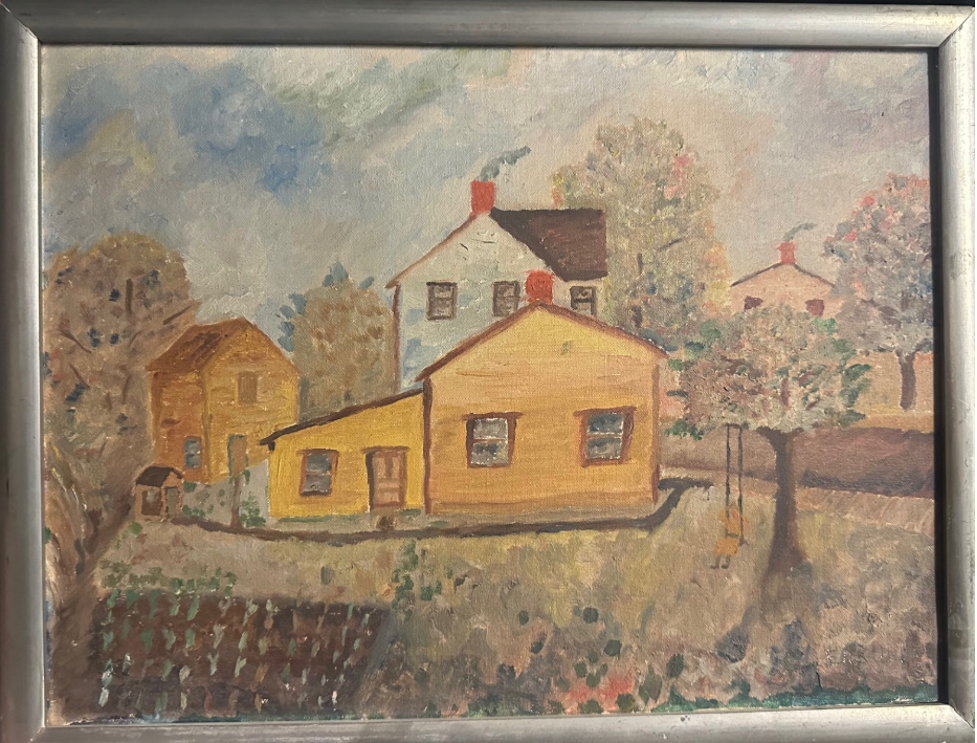Clay County Histories
Markus Krueger | Program Director HCSCC
I would wager that the most sung song in the English language is “Happy Birthday,” but you rarely hear it sung on TV. That’s because this song, written Patty and Mildred Hill in the 1890s, is owned by Warner Music Company. Until recently, anybody who put the song on TV or in a movie had to pay Warner thousands of dollars. If you want to put the song Cripple Creek on TV, go ahead. Nobody knows who wrote this popular old Appalachian standard. Therefore, we call it a “folk song,” and it belongs to anybody and everybody.
Here’s my favorite joke: Ole was fishing in Moorhead when he saw Sven fishing on the Fargo side. Ole bellowed “Hey Sven! How do I get to the other side of the river?” Sven replied “Ole! You ARE on the other side of the river!” I tell that joke all the time.
Here’s another joke. “Why do Kamikaze pilots wear helmets?” That’s a Steven Wright joke. When I tell that joke, I feel the need to credit the author. Perhaps the greatest sin among professional comedians is stealing another comic’s joke. Claiming another’s joke as one’s own will get a comic ostracized by their comedian peers. I’ve never heard an Ole and Lena joke credited to anyone. I guess they’re “folk jokes” that belong to all of us.
If you want to write a story about an underwater superhero, don’t write about Aquaman. Aquaman was created by Mort Weisinger for DC Comics in 1941. You’ll probably face a lawsuit by DC and Warner Brothers if you make up a new Aquaman story. Choose Poseidon instead. Nobody knows who invented this Greek god, so he’s available to work for free as a “folk hero.”
Who wrote Cinderella? Technically the Brothers Grimm wrote it down, but their books were collections of “folk tales” that people in Central Europe were already telling each other in the early 1800s. Somebody must have come up with the name Cinderella and composed the original story, but we didn’t catch their name. In that time and that place, remembering who told you the tale wasn’t as important as remembering the story itself so you could tell it to somebody else (perhaps with your own embellishments).
I have a quilt sewn by my great-grandmother Esther Krueger. She didn’t sign it. I have some lace made by…one of my ancestors. I forget who. Outside of my family, these heirlooms are considered German American “folk art.”
We have not always written our names on ideas we come up with and things we make. I am very glad that today we can credit authors, artists, and musicians for the great work they do. It’s only right.
But it’s also copyright. And it has changed our relationship with art. Musicians throughout history and around the world were expected to freely and repeatedly play their culture’s greatest hits. Today, copyright laws and our ideas about authorship and intellectual freedom limit and deter musicians from playing most songs written within the last 100 years. Yes, you can cover a song and great works of art eventually fall into public domain for us all to legally use for free. But in the age of authors and artists, there may never be another anonymous folk song that belongs to everyone, or another folk joke you can tell without crediting the composer.


